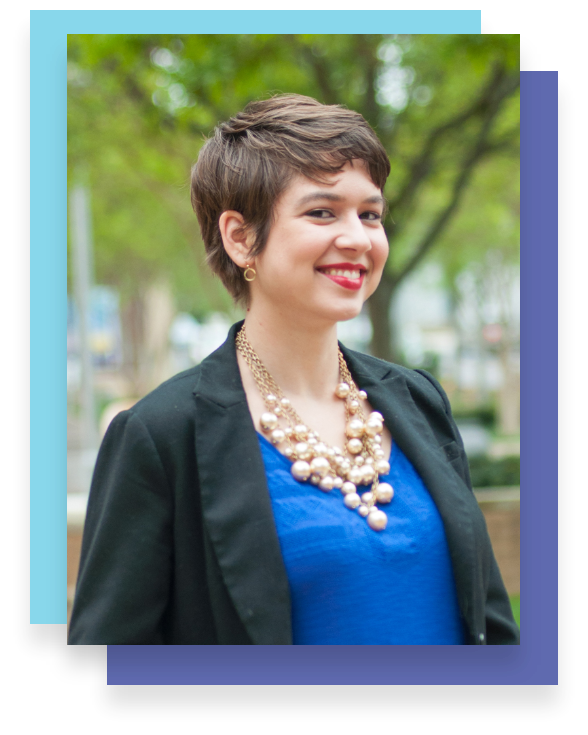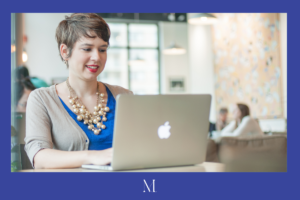 I searched “fearless” in the books section on Amazon, and found:
I searched “fearless” in the books section on Amazon, and found:
- Live Fearless: A Call to Power, Passion, and Purpose by Sadie Robertson and Louie Giglio
- Fearless: Confidence with Essential Oils in 2 Hours by Sarah Harnisch
- Fearless: Imagine Your Life Without Fear by Max Lucado
- Be Fearless: 5 Principles for a Life of Breakthroughs and Purpose by Jean Case
- Fearless Faith + Hustle: 21 Day Devotional Journey by Arian Simone
I have a problem with these titles.
It’s the premise.
Fearlessness is not a thing.
It’s not a thing! Fear is one of our basic emotions and unless you’re enlightened*, you don’t get to opt out of it. And, it serves a vital function in our evolution: it keeps us safe from harm. When you look at it that way, why would you even want to be fearless?
Perhaps because fear isn’t ONE thing. Fearologist Mary Poffenroth describes two kinds of fear:
- Factual fear: threats to your life that are happening right now, in a shared reality, that your body is responding to by sending blood to your muscles to fight or flight, among a host of other responses.
- Fictional fear: everyday fears, which may have a kernel of truth but are mostly made up. These are the anxious, stress, what if I fail kinds of fears.
You can see how factual fear is useful, right? It’s our brain telling us not to touch that venomous snake or leap off a cliff or (unfortunately, if you’re a woman) walk alone at night.
One the other hand, we could all do with a lot less fictional fear. That’s the fear that holds us back. That’s the fear behind those buzzkill thoughts that you’re not good enough, you’ll never be able to do it, you’re not worthy, etc.
Thankfully, there’s a lot we can do to manage our fictional fear. It takes time and work, but so does most everything worth doing: I’m talking therapy, The Work, practice, self-care.
But the problem with books and Instagram quotes about fearlessness is that they sound ra-ra and galvanizing but they are another version of telling you how you should be. (Or as Mary Poffenroth puts it, it’s like telling you to be hungerless.) The implicit messages:
- Your fear is bad
- There’s something wrong with your fear
- You need to be fearless or you’ll never be successful
- Successful people aren’t afraid
I prefer to think of fear as an ally. It’s doing its job – trying to keep me safe. Sometimes it overreacts in its zeal to do its job. I don’t need to make it go away, but I can work in our relationship and how we talk to each other.
*I’m talking about Byron Katie





